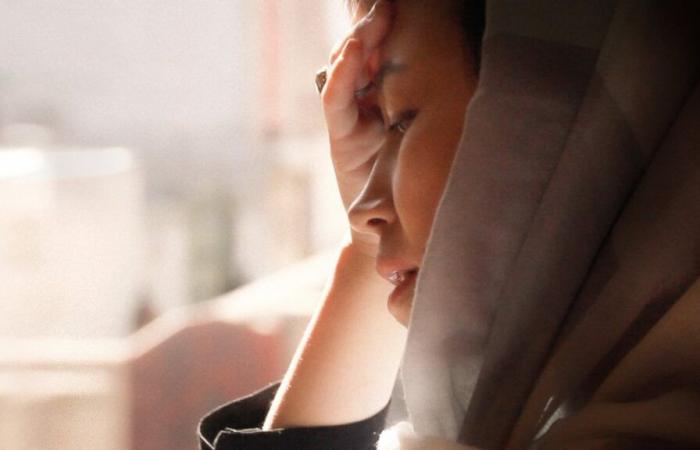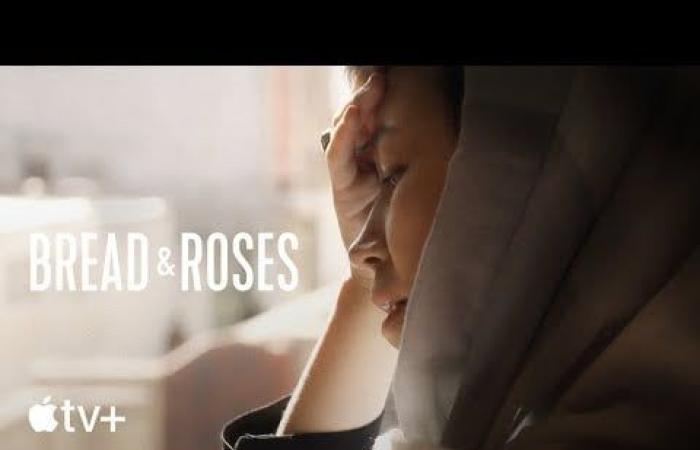When the Taliban reclaimed control of Kabul in August 2021, Afghanistan plunged into a new era of fear and repression. For women across the country, this moment marked the abrupt erasure of hard-won rights—the freedom to work, learn, and live independently vanished almost overnight. Bread and Roses, Sahra Mani’s deeply intimate documentary, doesn’t just chronicle this seismic shift; it gives voice to those silenced. Through the lens of three Afghan women, Mani crafts a harrowing yet hopeful portrait of resilience, turning personal struggles into a broader testament to courage and defiance.
Mani’s storytelling is strikingly personal, focusing on the individuals caught in the crossfire of political turmoil. We meet Zahra, a dentist-turned-activist; Taranom, a young woman forced to leave her homeland; and Sharifa, a former government worker grappling with the constraints imposed on her life. Each of their stories unfolds like threads in a tapestry, weaving together a broader narrative of resistance. These women, on disparate paths, find unity in their shared defiance—a determination to reclaim their voices in a society intent on erasing them.
The film opens on a deceptively ordinary day in Kabul. Children’s laughter fills the air, markets buzz with life, and women move freely in vibrant, colorful clothing. This fleeting moment of normalcy is underscored by subtle cues—an ominous melody, a faint rumble of thunder—that foreshadow the upheaval to come. When the Taliban seizes power, the atmosphere shifts palpably. Streets once filled with vitality become shadowed by fear, as women are stripped of autonomy. Education, employment, and even the simple act of stepping outside become dangerous acts of rebellion.
Mani’s visuals juxtapose Kabul’s breathtaking landscape with the suffocating oppression endured by its people. Snow-covered winters and lush spring blossoms serve as haunting backdrops to the anguish of women forced into silence. The city, beautiful yet battered, becomes a silent witness to their fight for dignity.
At the heart of Bread and Roses are the women’s stories. Zahra’s transformation from a professional to a fierce advocate for women’s rights is riveting. Her decision to organize and lead protests, despite the inherent risks, speaks to the depths of her resolve. Taranom’s story, meanwhile, captures the emotional toll of displacement. Forced into exile in Pakistan, she struggles with the pain of leaving her homeland and the uncertainty of starting anew. Then there’s Sharifa, whose quiet rebellion carries its own weight. Initially resigned to the constraints of her new reality, she slowly reclaims small but powerful acts of defiance—like standing at her window, sunlight brushing her face, as music plays softly in the background.
Through candid footage and raw video diaries, Mani brings us into these women’s lives. The moments of quiet rebellion—listening to music, sharing a laugh, daring to dream—become potent symbols of resistance. These glimpses of humanity serve as reminders that even the smallest acts can carry profound meaning.
Mani doesn’t shy away from the risks faced by those who resist. Protesters are met with violence, journalists are attacked, and people disappear without a trace. Yet, despite these dangers, the film remains steeped in hope. Its subjects, resilient and unyielding, suggest that even in the darkest of times, the possibility of change persists. Mani underscores that the fight for justice is far from over, offering a glimmer of what could still be reclaimed.
Stylistically, Bread and Roses embraces raw authenticity. The grainy footage and handheld camerawork create a sense of immediacy, plunging viewers into the chaos and courage of these women’s lives. While this approach might feel unrefined to some, it only heightens the urgency of the story, making the film less of a polished narrative and more of an essential historical record.
Bread and Roses goes beyond documenting events—it draws attention to the enduring spirit of Afghan women. Sahra Mani shows how fragile freedom can be, but also how remarkable the strength is of those determined to hold onto it. The film’s quiet defiance resonates deeply, encouraging viewers to reflect on the weight of such resilience and the importance of standing in solidarity with those facing oppression.
In every frame, Bread and Roses transcends borders and politics. It is a story about resilience, a stark warning of how quickly freedoms can vanish, and an ode to the strength of those who stand against injustice. For anyone who watches, it leaves a lingering question: What are we doing to ensure that these voices are not forgotten?
Bread & Roses will be available to stream on November 22, 2024, exclusively on Apple TV+.







